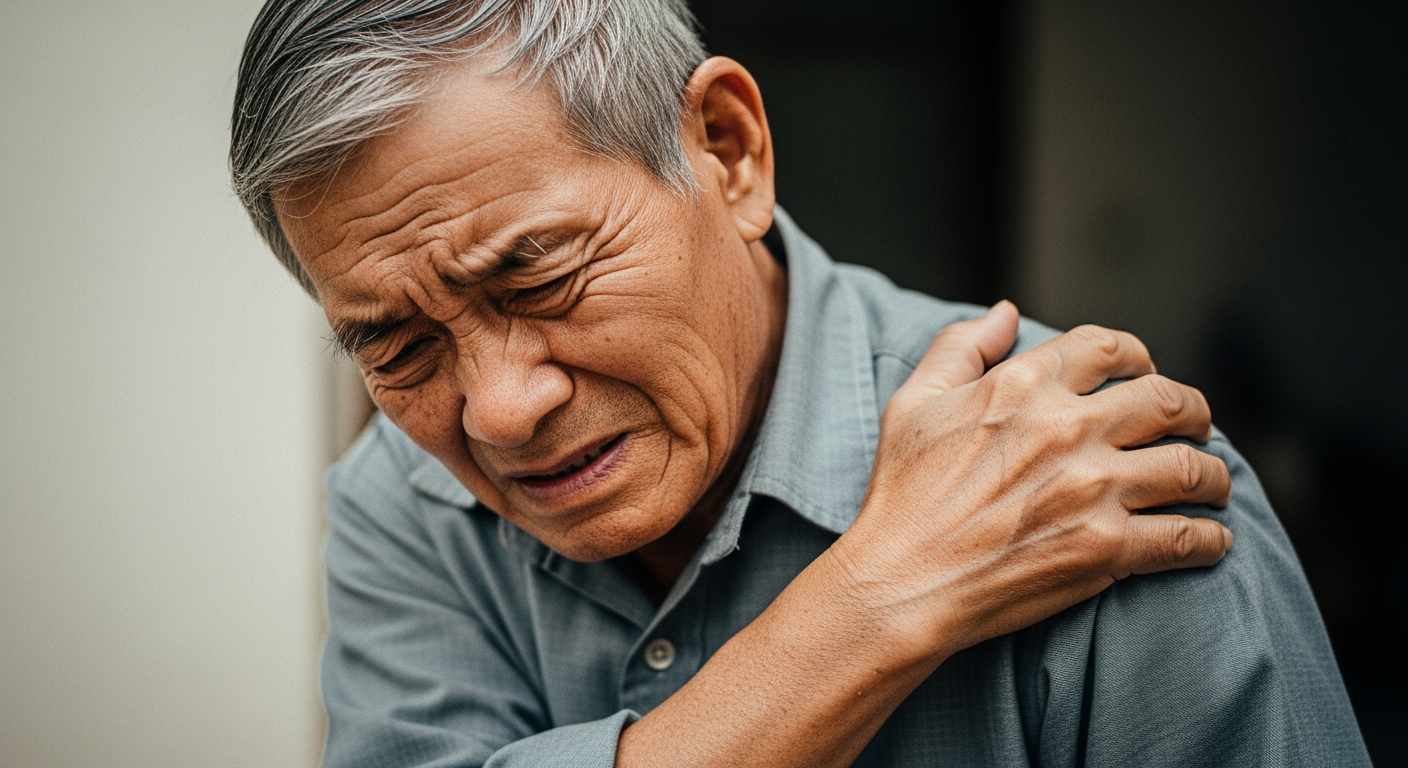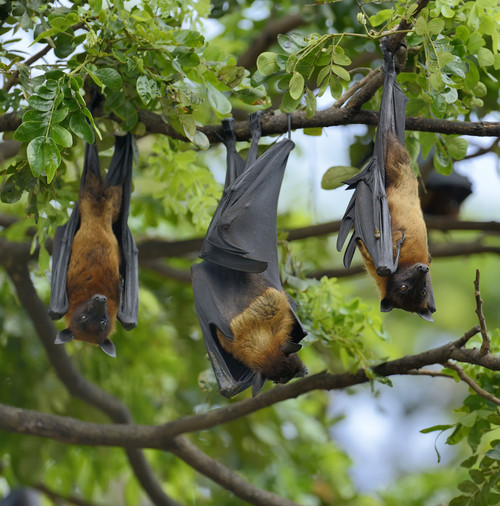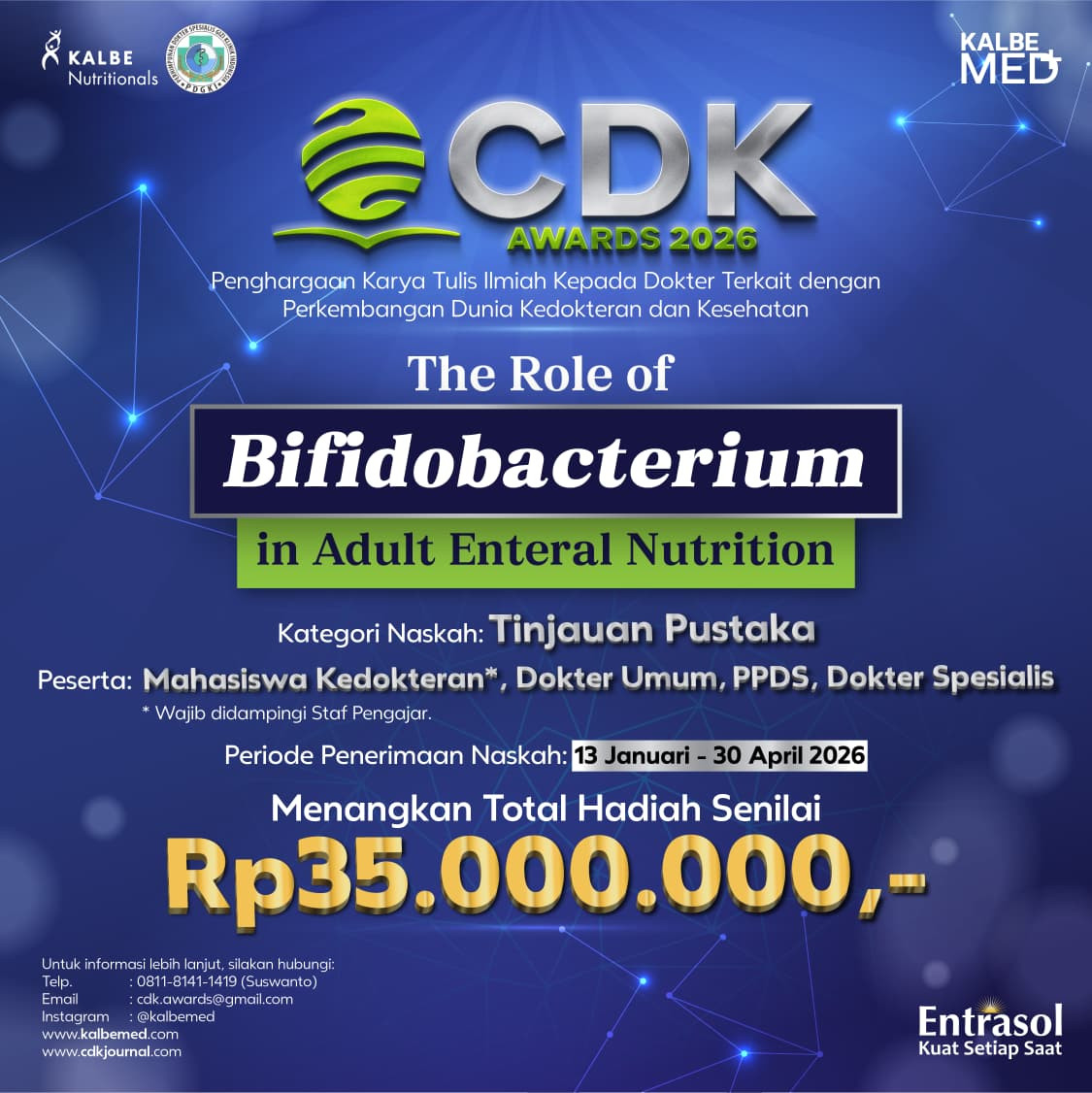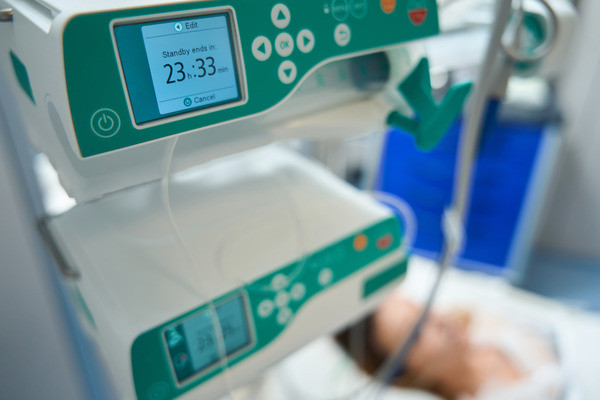
Peningkatan kasus COVID-19 terjadi di beberapa negara Asia Tenggara seperti Singapura, Malaysia, dan Thailand. Kementerian Kesehatan RI menanggapi hal tersebut dan menyatakan bahwa hingga saat ini kondisi kasus COVID-19 di Indonesia masih dalam batas aman.
Thailand mencatat lebih dari 30 ribu kasus COVID-19 baru hanya dalam waktu beberapa hari terakhir. Varian yang menjadi penyebab lonjakan kasus adalah XEC, sublineage atau turunan dari varian Omicron. Meski varian ini tidak menyebabkan gejala yang parah, tingkat penularannya yang tinggi tetap menimbulkan risiko besar bagi kelompok rentan, bahkan disebutkan varian ini menyebar hampir tujuh kali lebih cepat dibandingkan influenza.
Sedangkan di Singapura, mayoritas kasus COVID-19 yang terjadi adalah varian LF.7 dan NB. 1.8 yang merupakan turunan dari JN.1. Varian JN.1 merupakan varian virus yang dipakai untuk vaksin Covid-19. Otoritas Kesehatan Singapura pun menyebut, peningkatan kasus bukan disebabkan oleh varian baru yang lebih ganas atau lebih menular. Kementerian Kesehatan Singapura kembali menganjurkan vaksinasi tambahan bagi kelompok rentan. Mereka menyarankan agar orang berusia di atas 60 tahun (lansia), penghuni panti jompo, petugas medis, serta keluarga yang tinggal bersama kelompok berisiko untuk mendapatkan vaksinasi booster setidaknya 1 tahun setelah suntikan terakhir. Masyarakat umum juga dihimbau untuk tetap melakukan tindakan pencegahan, yaitu memakai masker saat sakit atau di tempat ramai, mencuci tangan secara rutin, dan membatasi interaksi sosial jika tidak sehat.
Kementerian Kesehatan RI menanggapi meningkatnya kasus COVID-19 di beberapa negara Asia tersebut. Kepala Biro Komunikasi dan Informasi Publik Kemenkes RI, Aji Muhawarman, menjelaskan bahwa berdasarkan pemantauan hingga minggu ke-19 tahun 2025 kondisi kasus COVID-19 di Indonesia masih dalam batas aman. Hingga saat ini, belum ada larangan perjalanan ke luar negeri, tetapi masyarakat dihimbau untuk lebih waspada, terutama jika berencana bepergian ke negara yang sedang mengalami lonjakan kasus. Kementerian Kesehatan juga terus mengingatkan pentingnya penerapan protokol kesehatan dasar seperti mencuci tangan, menggunakan masker saat batuk pilek, serta segera memeriksakan diri ke fasilitas kesehatan apabila mengalami gejala yang mengarah pada infeksi saluran napas atau flu. Selain itu, vaksinasi booster COVID-19 tetap direkomendasikan, terutama bagi mereka yang belum mendapatkannya atau termasuk dalam kelompok rentan seperti lansia dan penderita komorbid.
Di Amerika, FDA (Food and Drug Administration) juga menginformasikan bahwa akan memprioritaskan persetujuan pemberian vaksin booster COVID-19 yang terbukti menghasilkan titer antibodi pada orang berusia di atas 65 tahun atau yang berisiko tinggi terkena penyakit lebih parah seperti penderita kanker, diabetes, penyakit ginjal, HIV, kegemukan, dan perokok aktif atau mantan perokok. Meskipun risiko penyakit parah dan rawat inap saat ini telah menurun, namun pemberian dosis berulang diperlukan untuk lebih mengurangi risiko terjadinya penyakit COVID-19 yang lebih parah.
Gambar: Ilustrasi (Sumber: freepik)
Referensi:
1. Kementerian Kesehatan RI. COVID-19 kembali merebak di luar negeri, masyarakat diminta waspada [Internet]. 2025 May 20. Available from: https://sehatnegeriku.kemkes.go.id/baca/umum/20250519/4247783/covid-19-kembali-merebak-di-luar-negeri-masyarakat-diminta-waspada/.
2. Alam SO. COVID-19 di Thailand 'ngegas' tembus 33 ribu kasus! warganya diminta waspada [Internet]. 2025 May 25. Available from: https://health.detik.com/berita-detikhealth/d-7930833/covid-19-di-thailand-ngegas-tembus-33-ribu-kasus-warganya-diminta-waspada.
3. Azizah KN. Kasus COVID-19 Singapura naik, Indonesia gimana? Ini penjelasan Kemenkes [Internet]. 2025 May 23. Available from: https://health.detik.com/berita-detikhealth/d-7928864/kasus-covid-19-singapura-naik-indonesia-gimana-ini-penjelasan-kemenkes.
4. Kementerian Kesehatan RI. Dashboard situasi COVID-19 [Internet]. 2025 May 23. Available from: https://infeksiemerging.kemkes.go.id/dashboard/covid-19.










